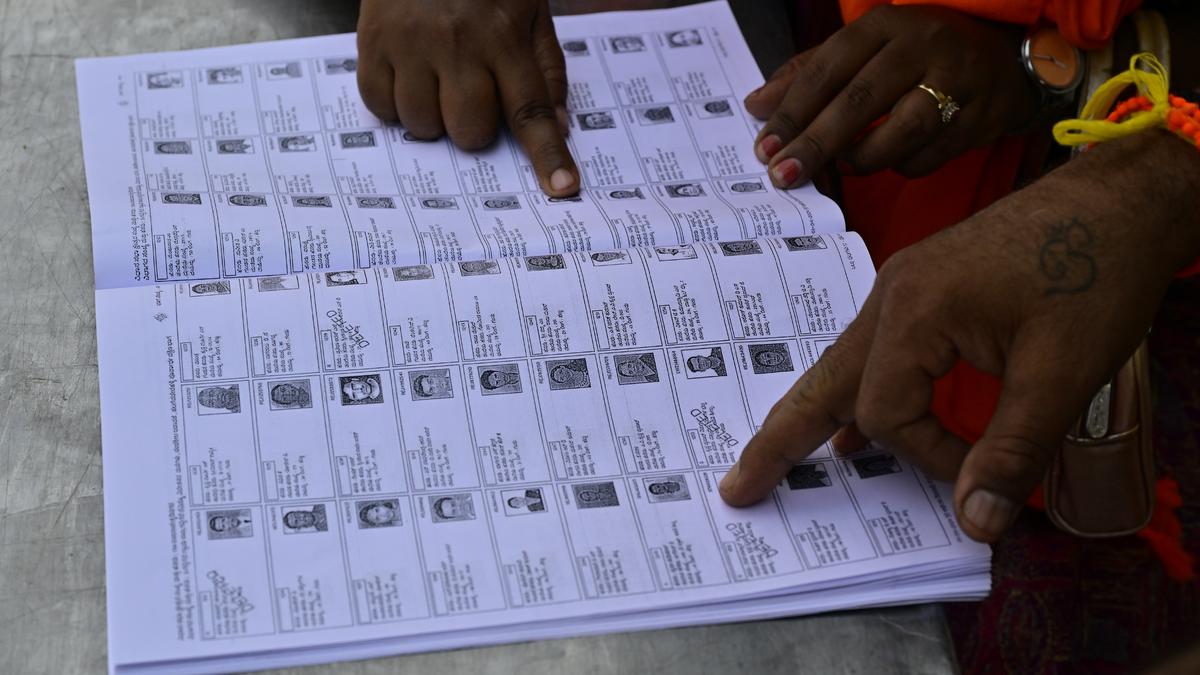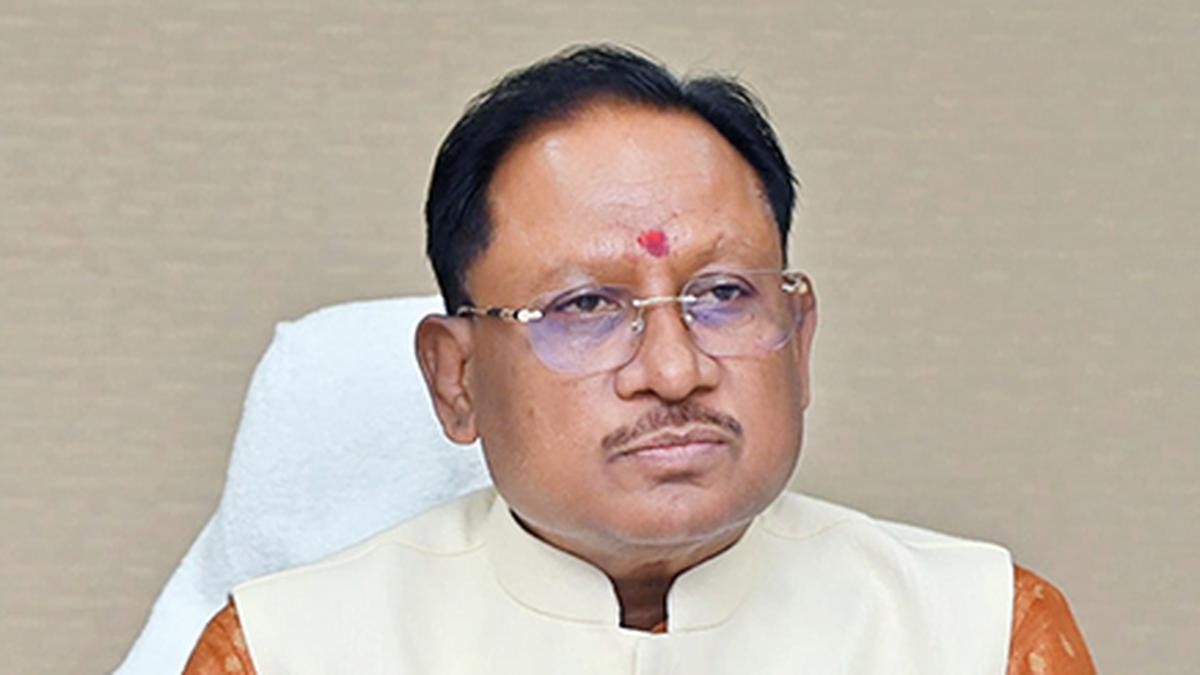Now Reading: Chief Secretary Directs Officials: No Teachers for Voter List Revision
-
01
Chief Secretary Directs Officials: No Teachers for Voter List Revision
Chief Secretary Directs Officials: No Teachers for Voter List Revision

quick Summary
- Chief Secretary Shalini Rajneesh directed District Election Officers and Deputy Commissioners to prioritize non-teaching staff for revising voters’ lists, instead of school teachers.
- School teachers have traditionally been assigned as Booth Level Officers (BLOs) during holidays or non-teaching days, in accordance with a Supreme Court order from December 6, 2007.
- About 40,000 teachers are currently being trained for BLO duties under the Bruhat Bengaluru Mahanagara Palike (BBMP), starting July 15.
- Minister Madhu Bangarappa opposed assigning teachers to non-educational tasks such as voter list revision or census activities due to concerns over declining educational quality and student impact.
- The Karnataka Backward Classes Commission was speculated to involve government school teachers for caste census during Dasara holidays. however, Mr. bangarappa clarified that no census duties would be assigned to educators going forward.
Indian Opinion Analysis
This issue provides an important glimpse into how governance priorities interact with educational policy in India. assigning public school teachers administrative tasks such as voter list revision or census collection raises concerns regarding their primary duty-ensuring academic advancement of students. Minister Madhu Bangarappa’s outspoken opposition reflects practical reasoning grounded in preserving education quality against the backdrop of increasing bureaucratic demands.
The Supreme Court’s earlier precedent allowing assignment of election-related duties highlights the balancing act between public service needs and minimizing disruption to schools; however, reliance on educators may signal inadequate staffing resources within election commissions or local administrations.
Future implications could hinge on broader reforms aimed at diversifying workforce resources for administrative tasks while safeguarding education systems within states like Karnataka-a goal critical not just for local governance but nationwide ones essential toward avoiding harm towards schooling momentum.

























